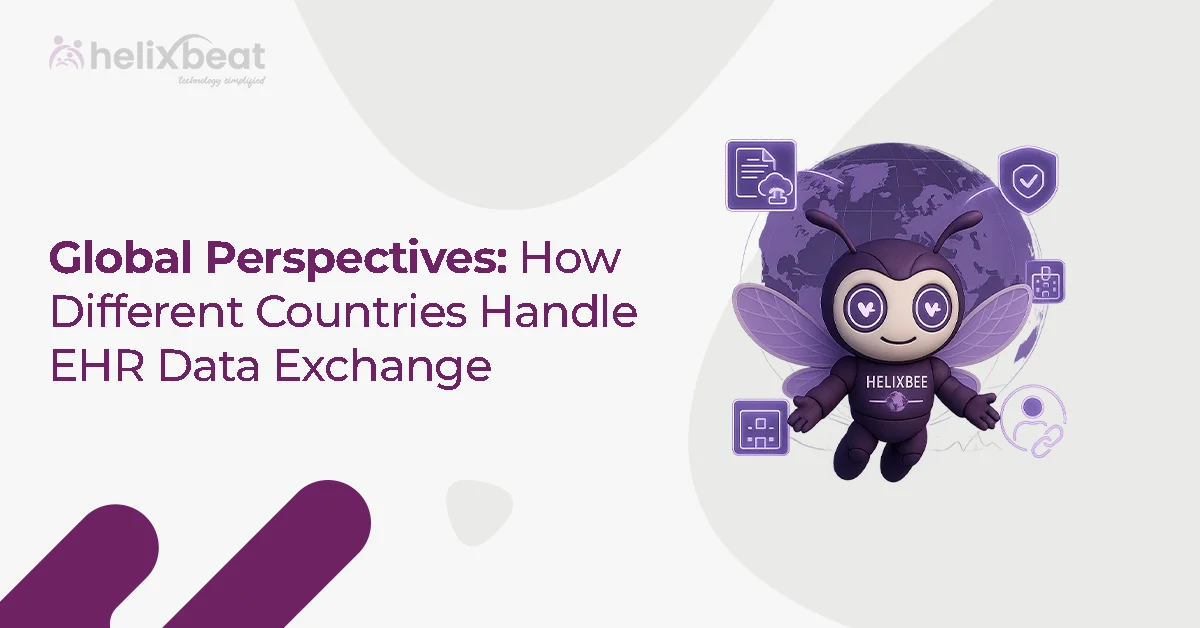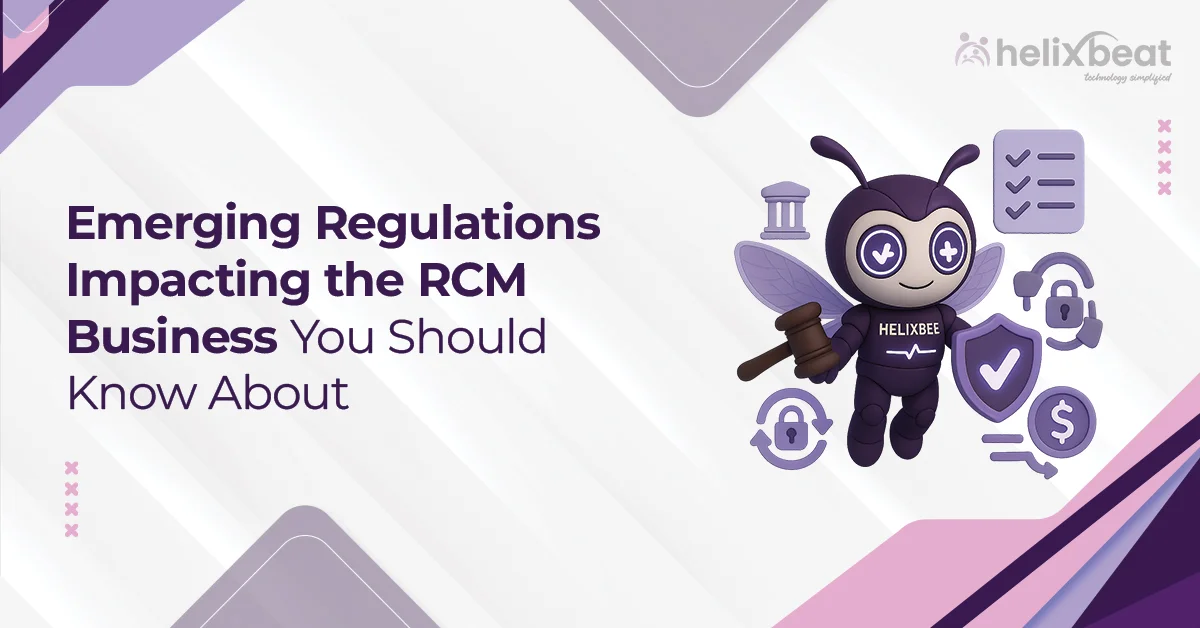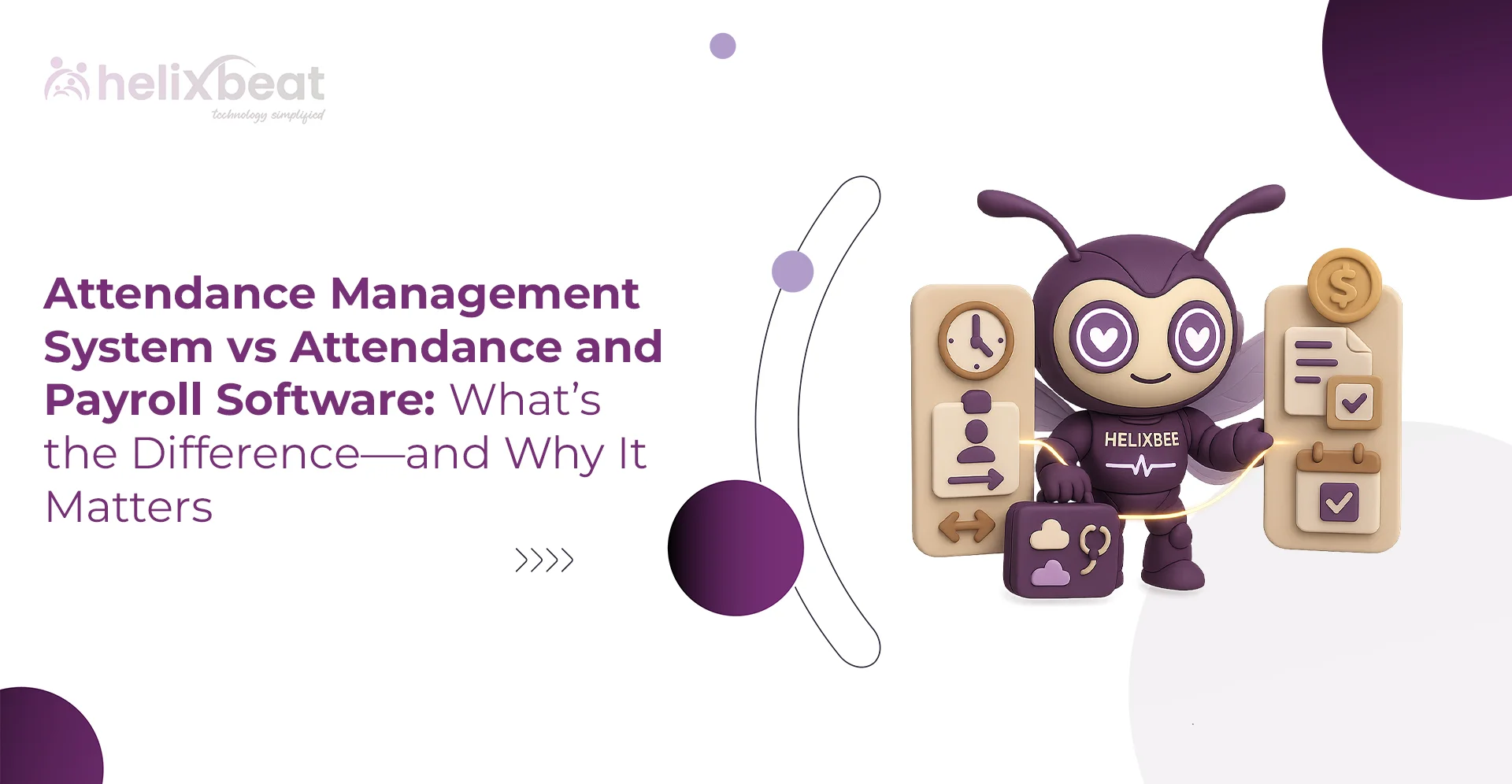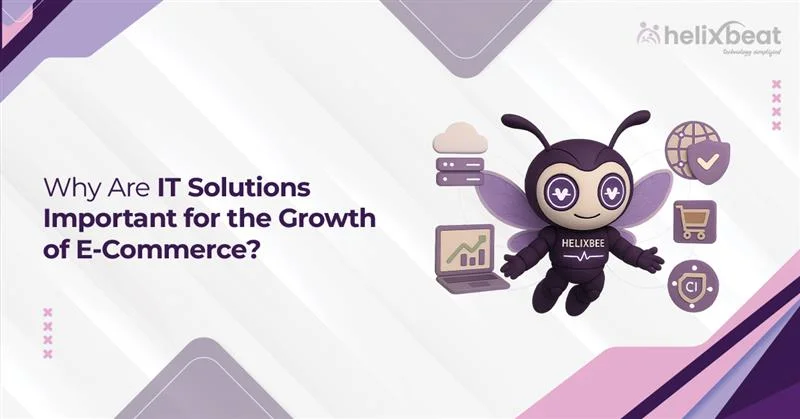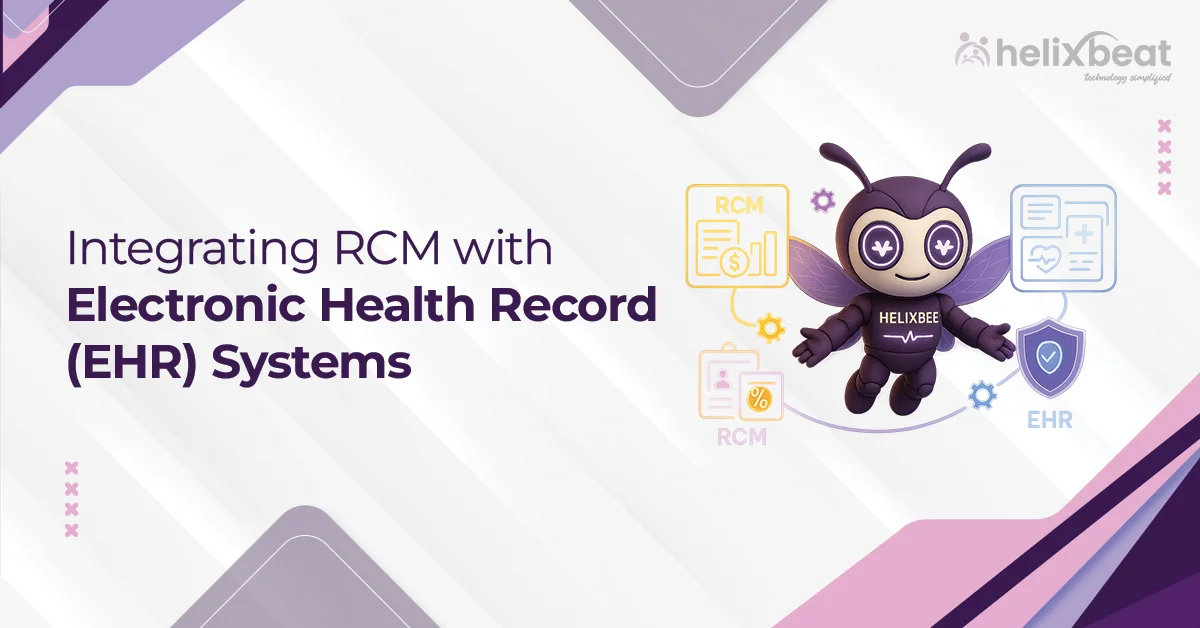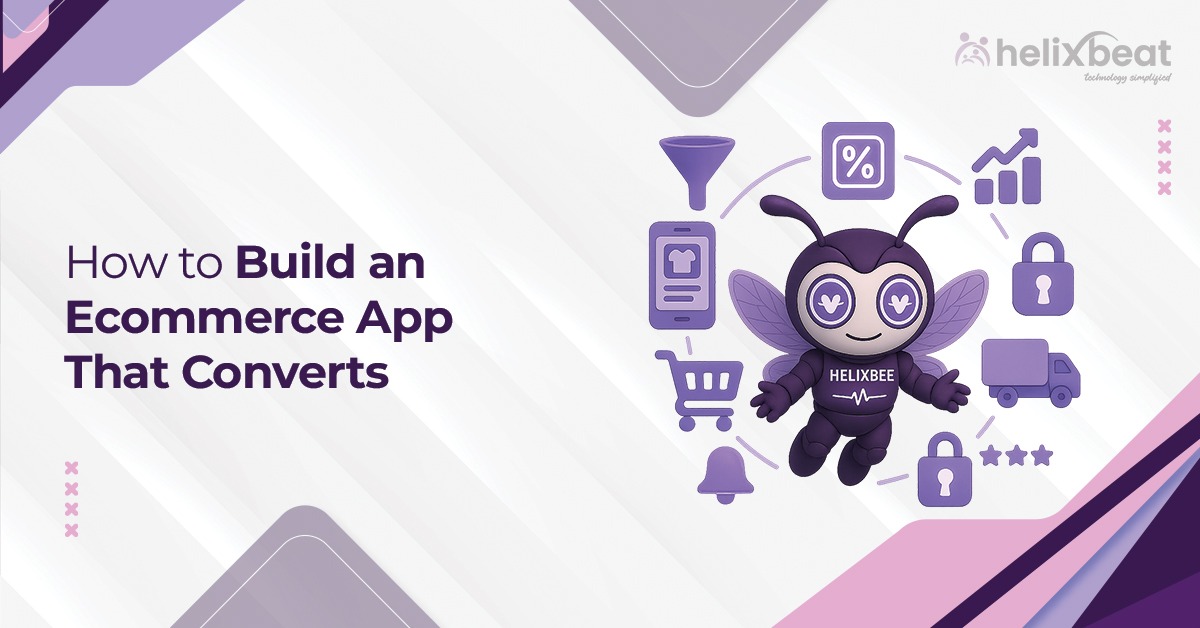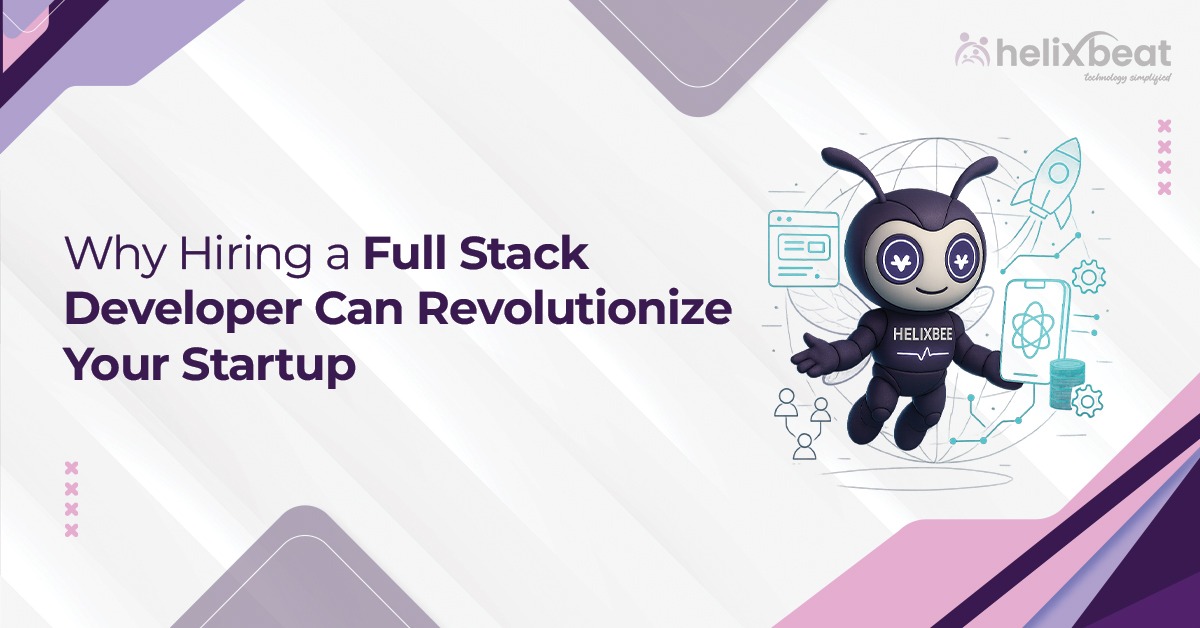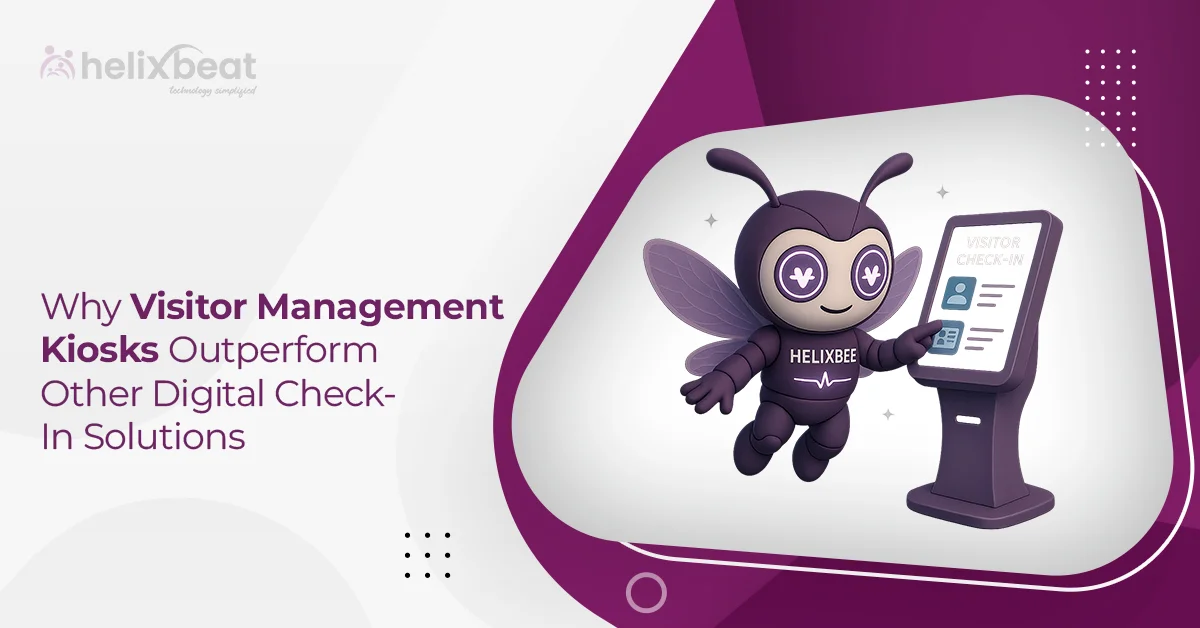Nowadays, compliance testing is important for businesses to make sure they meet necessary regulations that protect sensitive data. In fact, a 2020 survey by the Ponemon Institute found that 60% of organizations experienced at least one data breach in the past year. This highlights the importance of following standards like GDPR, HIPAA, and SOC 2.
For example, a healthcare clinic in the U.S. that handles patient records. To comply with HIPAA, the clinic must secure patient data using encryption and restricted access. By conducting regular compliance tests and utilizing security testing services, the clinic meets these requirements and prevents potential data breaches.
By integrating security testing services into your compliance strategy, your business not only avoids penalties but also builds long-term trust by safeguarding user data effectively. Let’s see the requirements of GDPR, HIPAA, and SOC 2, and the challenges businesses face.

Table of Contents
What is Compliance Testing?
Compliance testing is the process of evaluating a business’s systems, processes, and practices to ensure they meet regulatory standards set by industry-specific laws and frameworks. These regulations, such as GDPR, HIPAA, and SOC 2, are designed to protect sensitive data and maintain privacy, security, and trust.
Compliance testing involves reviewing data handling procedures, security controls, and overall business operations to confirm that they adhere to these legal requirements. By conducting regular compliance tests, businesses can identify vulnerabilities, avoid penalties, and build trust with customers by demonstrating their commitment to data protection.
Overview of GDPR, HIPAA, and SOC 2 Requirements
GDPR, HIPAA, and SOC 2 are important regulations that help protect sensitive data and ensure privacy and security.
- GDPR (General Data Protection Regulation): A law in the European Union that focuses on protecting personal data. It requires businesses to get clear consent from individuals before collecting or processing their data.
- HIPAA (Health Insurance Portability and Accountability Act): A U.S. law that ensures healthcare organizations protect patients’ health information. It sets strict rules for how this information should be stored, accessed, and shared.
- SOC 2 (System and Organization Controls): A framework for U.S.-based service companies that requires them to follow five key principles: security, availability, processing integrity, confidentiality, and privacy. This helps protect customer data and ensures reliable services.
Together, GDPR, HIPAA, and SOC 2 help businesses maintain data protection, reduce the risk of security incidents, and build long-term trust with customers. A well-implemented security testing service plays a vital role in achieving and maintaining compliance with these frameworks.
Challenges Faced by Businesses in Meeting These Standards
Meeting compliance standards such as GDPR, HIPAA, and SOC 2 is not an easy task for businesses. There are several challenges they face in ensuring they meet the strict requirements of these regulations:
- Complex and Evolving Regulations: Regulations like GDPR, HIPAA, and SOC 2 constantly change, making it difficult for businesses to stay up-to-date. Using security testing services helps ensure ongoing compliance with these evolving standards.
- Lack of Resources: Smaller businesses often lack the staff and tools needed to manage compliance. Outsourcing helps provide expert support without the need for additional internal resources.
- Maintaining Ongoing Compliance: Compliance is an ongoing process that requires continuous testing and monitoring. Regular audits and updates are necessary to ensure businesses remain compliant at all times.
- Integration Across Multiple Platforms: With multiple systems and third-party vendors, ensuring compliance across platforms is challenging. Security testing services can streamline compliance across all environments, ensuring every system meets the necessary standards.
Differences Between SOC 2, HIPAA, and GDPR
| Aspect | SOC 2 | HIPAA | GDPR |
| Purpose | Protects sensitive customer data and builds trust in service organizations’ systems. | Protects the privacy and confidentiality of patient health information. | Protects personal data and privacy of EU citizens. |
| Applicable Entities | Service organizations handling customer data. | Healthcare providers, health plans, and clearinghouses. | Any organization processing personal data of EU residents. |
| Key Principles | Security, Availability, Processing Integrity, Confidentiality, Privacy. | Privacy, Security, Breach Notification, Access Control. | Lawfulness, Transparency, Data Minimization, Accuracy. |
| Regulatory Authority | Managed by the American Institute of CPAs (AICPA). | Enforced by the U.S. Department of Health and Human Services (HHS). | Enforced by Data Protection Authorities in the EU. |
| Penalties for Non-Compliance | Loss of client trust, potential business loss. | Fines, corrective action plans, civil or criminal charges. | Heavy fines (up to €20 million or 4% of global turnover), reputational damage. |
How Security Testing Helps Your Software Stay Compliant
Implementing security testing services is crucial for any organization aiming to meet data protection regulations like GDPR, HIPAA, and SOC 2.
1. Identifying Vulnerabilities Before They Become Issues
Security testing helps identify weaknesses in your system early, preventing costly breaches and fines. For instance, a financial services company discovered a flaw in their encryption system, addressing it before GDPR violations occurred. According to IBM, the average cost of a data breach is $4.45 million, with 81% involving personal data compromise.
2. Confirms Data Protection Through Encryption and Access Control
Compliance standards like HIPAA and GDPR require strict encryption and access control. A healthcare provider used security testing to find gaps in their system, strengthening data protection to meet HIPAA requirements. Verizon’s 2021 Data Breach Investigations Report found 61% of healthcare breaches were due to compromised credentials, highlighting the need for robust access control.
3. Validating Security Measures for Cloud-Based Services
With more businesses moving to the cloud, security testing ensures your cloud services meet compliance standards like SOC 2 and GDPR. A global e-commerce platform used security testing to confirm that their cloud setup complied with GDPR. Gartner predicts that by 2025, 85% of organizations will adopt a cloud-first strategy, making security testing essential for compliance.
4. Supporting Ongoing Monitoring and Audits for Continuous Compliance
Compliance isn’t a one-time task; it requires continuous testing. A fintech company regularly tested their systems to stay SOC 2 compliant, ensuring ongoing security. Ponemon Institute found that regular security testing reduces data breach risks by up to 50%, reinforcing the importance of continuous monitoring.
How to Choose the Right Security Testing Service
When selecting a security testing service, it’s important to keep a few key factors in mind to ensure you choose the right fit for your business needs:
1. Check Their Expertise in Your Industry’s Regulations
Make sure the provider is well-versed in the regulations that matter to your business, such as GDPR, HIPAA, or SOC 2, and knows how to conduct tests that ensure compliance.
2. Make Sure They Offer Comprehensive Testing
Look for a provider that covers all security aspects, including vulnerability scans, penetration testing, and risk assessments, across both cloud and on-premise systems.
3. Look for a Proven Track Record
Choose a provider with experience and success in helping businesses like yours stay compliant. Ask for case studies or testimonials to verify their expertise.
4. Opt for Continuous Monitoring and Support
A one-time test isn’t enough. The best providers offer ongoing monitoring to keep your systems secure and compliant as new threats emerge.
5. Pick a Service That Scales with Your Business
Find a provider that offers customizable and scalable services, so their security testing can grow and adapt with your business needs.
Why Helixbeat is the Best Choice for Security Testing Service
Helixbeat is a leading provider of security testing services, recognized for its deep expertise in helping organizations achieve and maintain compliance with key regulatory standards such as GDPR, HIPAA, and SOC 2. Our team offers complete testing across all platforms, including cloud and on-premise systems, ensuring your data stays secure.
With a proven track record of helping businesses protect sensitive information, we provide continuous monitoring and support to solve emerging threats.
Additionally, Helixbeat’s flexible and scalable services can adapt as your business grows, making it easier for you to maintain long-term security and compliance. Book a free consultation with us.
FAQ:
1. What are the types of security testing?
Types of security testing include vulnerability scanning (identifying weaknesses), penetration testing (simulating cyberattacks), risk assessment (evaluating potential threats), security audits (reviewing policies and procedures), and configuration review (examining system settings for security gaps).
2. What does a security tester do?
A security tester identifies vulnerabilities and weaknesses in systems, networks, and applications by conducting tests to ensure they are secure against cyberattacks and data breaches.
3. What is security testing in QA?
Security testing in QA focuses on identifying and fixing security flaws during the development phase to ensure that software is secure and compliant with regulations.
4. What is Cloud testing?
Cloud testing evaluates the security, performance, and scalability of cloud-based applications or services to ensure they meet security standards and function properly in a cloud environment.
5. Which tool is used for security testing?
Popular tools for security testing include OWASP ZAP (web vulnerability testing), Burp Suite (penetration testing), Nessus (vulnerability scanning), Wireshark (network traffic analysis), and Nmap (network scanning).






